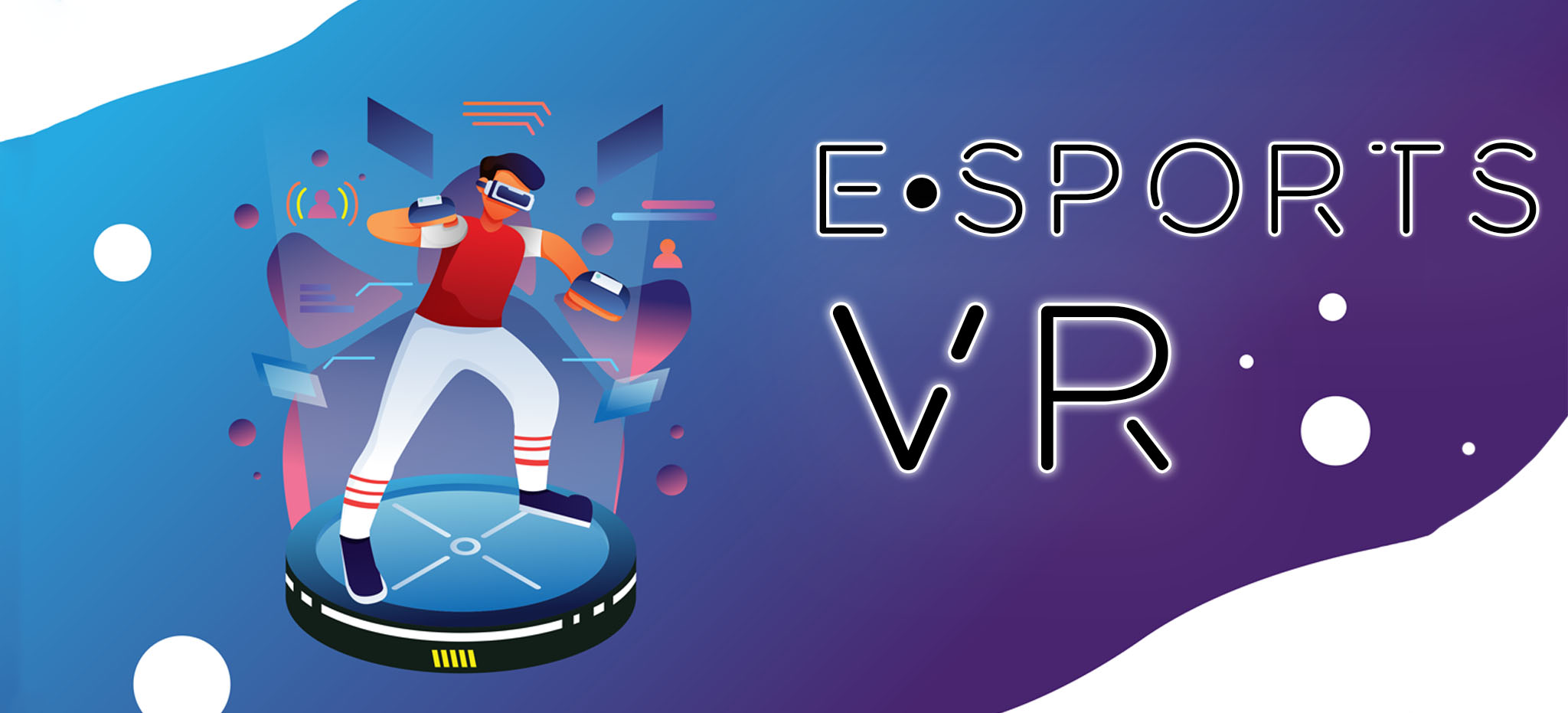
INTRO
While you may think that this is a relatively new development, esports actually first started taking shape in 1972, when the first video game competition was organized at Stanford University. From the moment video games became more common and more popular, people have been finding ways to challenge one another and compete to win prizes. (Or for bragging rights.)
Since these first tentative steps, the esports industry has grown at a dizzying rate. Today, it is a well-known fact that some of the most popular video games such as League of Legends, Dota, Overwatch, Counter-Strike, and similar hold championships regularly all over the world. Video game genres that lend themselves to these types of tournaments are multiplayer online battle arena (MOBA) games, first-person shooters (FPS), card games, real-time strategies, and more.
ARE ESPORTS CONSIDERED SPORTS?
This is the debate, isn’t it? Most definitions declare sports an athletic activity, meaning one that includes varying levels of body movement. However, there is more than one definition of sports. Just take a look at the International Olympic Committee, arguably one of the most authoritative sports institutions in the world, and how it classifies chess as a sport.
Yes, you don’t move around much when playing chess. But it’s still a challenging game you’re playing against an opponent (or several) and that requires a great deal of skill to win. In that way, competitive video games can also be considered sports to an extent.
Regardless of whether or not esports is a type of sport, the fact is that it is one of the biggest industries in the world. The total audience of esports is considered to be around 454 million viewers, and the total revenue of this type of competitive gaming is currently somewhere around $1 billion globally.
Suffices to say, esports have a huge impact on a good portion of the planet, and it’s an industry that’s not going away any time soon. In fact, we’re inclined to believe that it will only continue growing.
VR AND ESPORTS
The introduction of VR was a game-changer both in regards to regular games but also gaming competitions. Suddenly, we not only have esports events with standard video games but also VR games as well. And they bring a whole new set of skills a player should have in order to excel.
The way VR influences esports is that it is not a static activity. When playing VR games, the players need to move, to react, run or walk or take things and point their guns and shoot and do a wide range of physically demanding actions that standard video games don’t require. These games also require teamwork, strategizing and fast thinking, but the level of physicality is the main difference here.
While the International Olympic Committee acknowledged esports as having the potential to be included in the sports movement, it also declared that it wishes esports players would adopt a more active lifestyle and perhaps find a balance between gaming and being physically fit.
Well, it seems that balance arrived in the form of VR esports.
VR LEAGUES
In keeping with history, VR esports tournaments started cropping up as early as 2016. Games that proved to be most competition-worthy are Echo Arena by Ready At Dawn and Onward by Downpour Interactive. Even Beat Saber is a good choice for competitive gaming.
In terms of VR leagues, there are several that are devoted solely to VR gaming. In no particular order, these are the most popular VR leagues at the moment of writing this post:
VR League – founded in 2017
VR Master League – founded in 2017
Collegiate VR Esports League – founded in 2018
Virtual Athletics League – founded in 2016
If you wish to join any of these leagues, click the links for their official Discord servers or websites and take a look around.
As is the case with general esports, VR esports will only continue to rise in the upcoming years with the advent of more VR games. Developers are already focusing more on competition-friendly gameplays that will be interesting both to the players and to an audience. We can expect a lot more of these VR gaming leagues to pop up everywhere, and hopefully it won’t be too long before major VR tournaments start taking place in major cities around the world. We honestly can’t wait.


